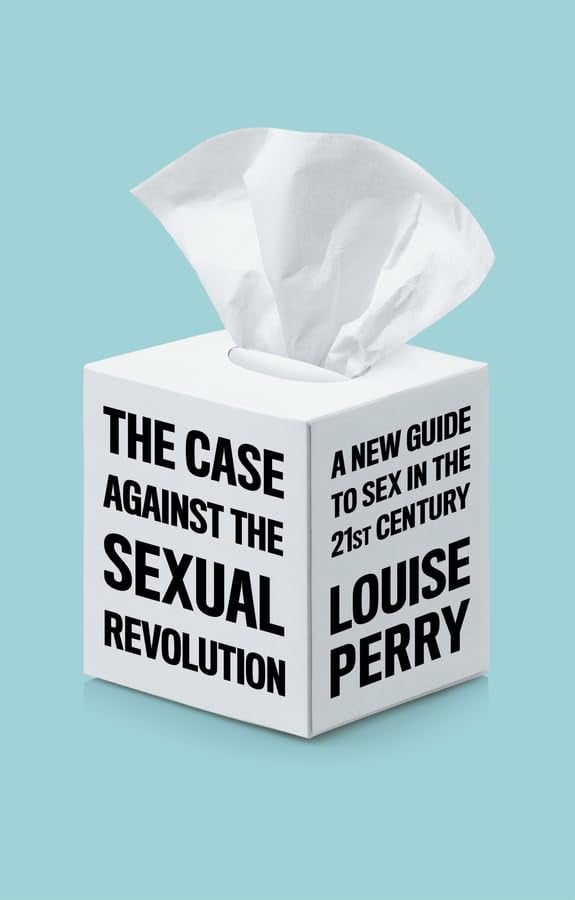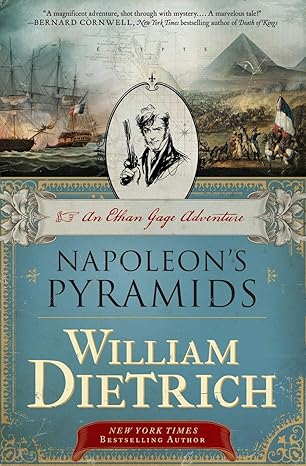It is 1798. You are an American, tall, strong, and skilled; still young but with experience on the frontier, where you learned to wield a tomahawk and long rifle. You became an apprentice to Benjamin Franklin and helped with his scientific experiments. During a business trip to London and Paris you indulge yourself with diversions in the form of women and gambling. It goes sour when you are framed for murder and barely escape arrest. You flee to the south of France, carrying with you an Egyptian medallion won at cards, apparently of great, though enigmatic, value.
At Toulon, Napoleon prepares his Egyptian expedition, spurred by hatred of England and ambition to match Alexander the Great. Demonstrating your knowledge of electricity, you join a contingent of scholars within the expedition. How clever to escape France with a French fleet! The great general plans to attach you to his party that will investigate the Great Pyramid of Giza. The lauded victor of Italy is making history. Maybe you will too.
Yet the cursed medallion seems to draw enemies to you as a rod draws lightning. You have many bad days. Traps are everywhere. An enigmatic woman you encountered in a gypsy camp turns up again in Egypt. Her loyalties are unclear; is she the pursuer or the pursued? Your wits, skill with weapons, and great good luck are barely enough to enable you to survive and proceed to the next test.
It may occur to you that adventurous yarns like yours aren’t entirely new. You have read H. Ryder Haggard’s King Solomon’s Mines (1885), the prototype of African adventure stories featuring arduous treks across the sands in search of fabled wealth, combatting treacherous natives, exploring dark caverns, navigating narrow crawl spaces, escaping entombment, or worse. You know that these old tales are the wellspring for Indiana Jones and similar Hollywood adventures.
But your story is different. It has a detailed historical foundation, full-scale battles won and lost, portraits of the most famous French general and others, and a substratum of scientific information—with the promising Rosetta Stone still holding its secrets. Maybe you can survive your gambler’s life and live out historical events as a fictional character in Napoleon’s Pyramids; at least then readers will enjoy reliving your adventures, seated on their porches in the summer light, or under the dim glow of an overhead light on a transcontinental flight.
—Catharine Savage Brosman

In his book Cheap Sex, Mark Regnerus describes our sexual culture as “the Genital Life.” The desacralization of sex, the demise of monogamous marriage, and the pluriverse of sexual identities characterize this bleak new world. It is “misanthropic, ultimately anti-woman, and not sustainable,” he wrote.
The Case Against the Sexual Revolution (2022)is evidence that even feminists are starting to get the news.
Louise Perry calls herself a radical feminist. But unlike most of that tribe, she knows that men and women are biologically different. The most important piece of this difference has to do with our different gametes and the different reproductive strategies those gametes impose on us. In this banal realization, Perry is miles ahead of the typical feminist. She sees the absurdity of allowing a 6’3”, 220-pound biological male with an upper-body mass that dwarfs that of any female to engage in contact sports with biological women, as long as he considers himself one of them.
Perry aggressively attacks porn and defends marriage. In this alone, she guaranteed her book a chilly reception from any feminist readership. She savages the radically individualist argument that “consent” to noxious practices is enough to legitimize them. Porn is destructive to the women who participate in making it. It is also harmful to the men who consume it. The best way women can protect themselves from the negative elements of our radical sexual culture is to withdraw from it and to return to monogamous marriage.
Loveless sex is not empowering. It is psychologically harmful. Perry provides a useful rule for young women: “If he wouldn’t make a good father, don’t have sex with him.” The two things—sex and children—are connected, however much our toxic culture has tried to pry them apart.
There is one major problem with Perry’s case. She speaks of sexual disenchantment. She even cites Max Weber as her source on disenchantment. However, she does not seem to know which direction Weber went on this topic. He concluded that the disenchantment of sex is a consequence of the retreat of religion. In every human society, sex used to be sacred, protected by taboo, and regulated by how religion conceived its purpose.
Perry knows, contrary to the sexual libertines who refuse the distinction, that being asked by the boss to make coffee and being asked to fellate him are radically different requests. Yet she gives no evidence that she understands at the deepest level why this is so. Religion gives a conclusive answer.
—Alexander Riley


Leave a Reply